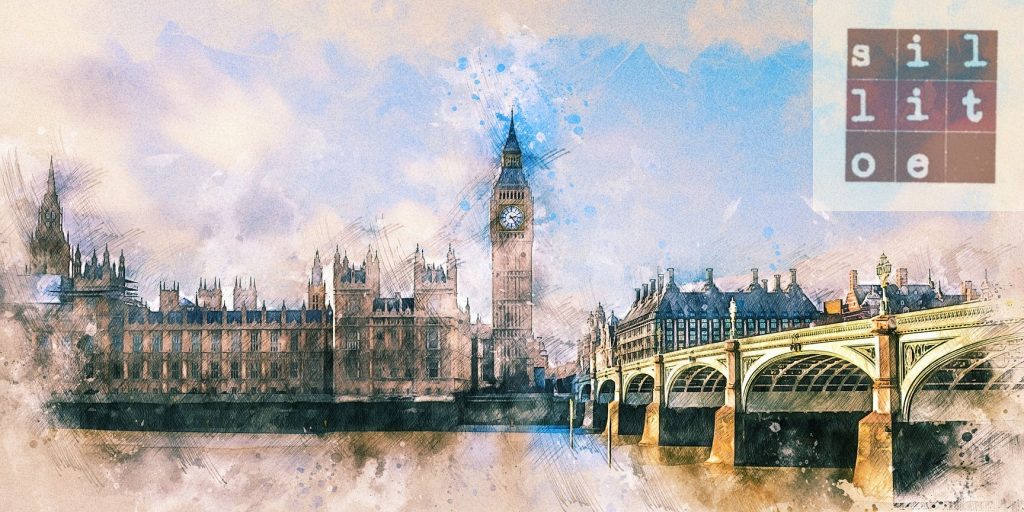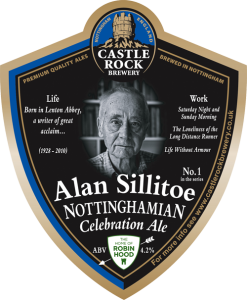
Image by Gerd Altmann from Pixabay
When reviewing a book I always have a pen and paper at hand to scribble down important quotes or page references. These are then typed up and filed away for future reference on my hard drive. This means I have a massive archive of everything I’ve read that I can dip into at any point. Now this process has had a digital makeover courtesy of Twitter and I’ve set myself the task of tweeting every book ever written by Alan Sillitoe. It’s completely changed the reading process and made me think about literature in a completely different light.
When I first started tweeting I was interested in how regularly I was posting quotes. I could feel the pace of the narrative by seeing where large chunks of text appeared together. Similarly, some stories warranted a lot more tweets than others which may serve as a criticism of the narrative. Perhaps this is the natural progression of the literary review in the digital age, something Will Self is examining on The Space in Kafka’s Wound. As a lover of maps, Sillitoe may have appreciated these extra topographical details.
My Twitter account feeds into Facebook but I’ve now removed this because I think it’s unfair to inflict such a stream of consciousness on people. The medium is the message and so Facebook renders the experiment indulgent. Twitter on the other hand is perfect for these continuous bouts of expression. Now I’m using Hootesuite to schedule tweets to create greater anticipation of what comes next in the story and so that I can maintain a constant stream of Sillitoe’s work.
I’m hoping that people will try and guess the book or engage in the conversation by recommending their own quotes. Even if they don’t you still gain feedback through who retweets what and how many people follow or leave you. Since using Hootesuite I now have 75 followers, up by 5. This would suggest that drip feeding information is more favourable although this might simply be because it creates higher visibility.
But the real beauty of Twitter is using it as an archiving system. Scrolling back through stories you quickly gain a sense of recurring themes, characters or descriptions. Patterns are the lifeblood of journalism. This in turn makes you a curator which brings with it responsibilities. For example, punchy quotes may work best but if you don’t include basic details, how will readers be able to follow the story? Should politically incorrect descriptions be included that could potentially cause offence to a modern audience? And is it right to merge quotes together to make the tweet more effective or should you remain completely true to the book? Such ethical considerations are the very essence of our project Sillitoe: Then and Now on The Space. Come and have a natter.


